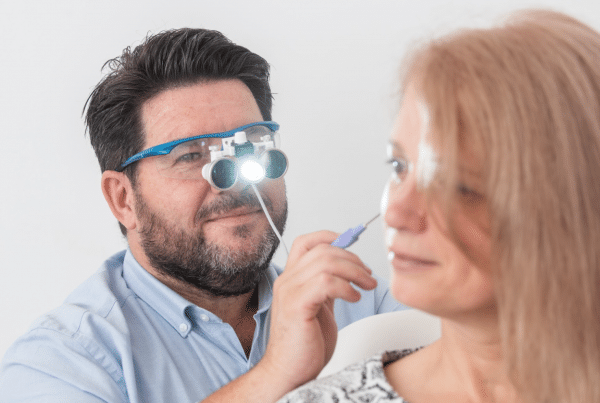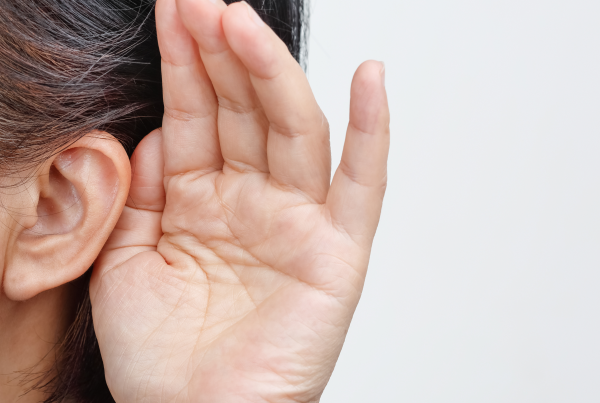As we age, we may notice changes in our hearing. The most common cause is presbycusis—age-related hearing loss—which affects most people over 69, though signs may appear earlier. It develops gradually as delicate nerve cells in the inner ear weaken, making some sounds harder to detect.
There are two main types:
- Sensory presbycusis – damage to the tiny hair cells in the cochlea
- Neural presbycusis – loss of nerve cells that carry signals to the brain
Early signs include difficulty hearing high-pitched sounds like birdsong or children’s voices, turning up the TV or phone, struggling with conversations in noisy places, listening fatigue, or tinnitus (ringing in the ears). Some also notice dizziness or a feeling of fullness.
Although ageing is the main cause, other factors can speed it up—such as family history, certain medications, prolonged noise exposure, smoking, or heavy alcohol use. Hearing loss can’t be reversed, but you can slow the progression by protecting your ears, reviewing medication with your GP, and maintaining overall health.
Why act early? Untreated hearing loss can affect much more than hearing. It may strain relationships, cause social withdrawal, increase the risk of depression, and is linked to cognitive decline, including dementia.
The good news: today’s modern hearing aids are discreet, comfortable, and personalised to your needs—helping you stay connected and confident.
If you’re over 50, include a hearing check in your routine health care. Even if your hearing seems fine, a baseline test makes it easier to track changes over time.
Your hearing is precious—protect it to keep enjoying conversations, music, and laughter for years to come. If you are concerned about your hearing, book an appointment today at one of our local clinics in Worle, Shirehampton, Portishead, Weston-super-Mare or Clevedon, Bristol. We’re here to help.









